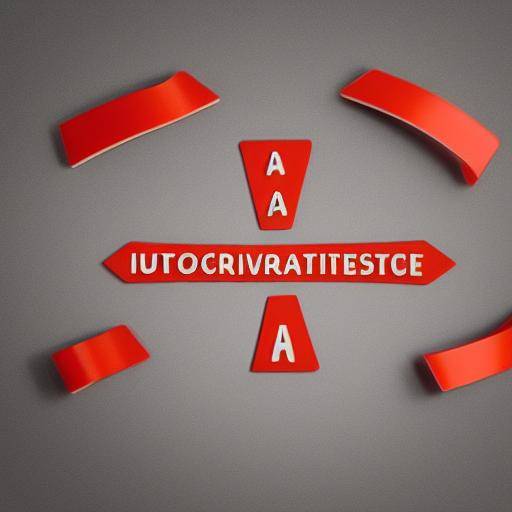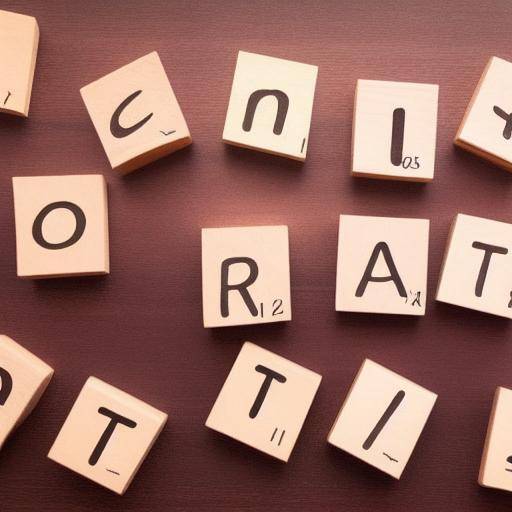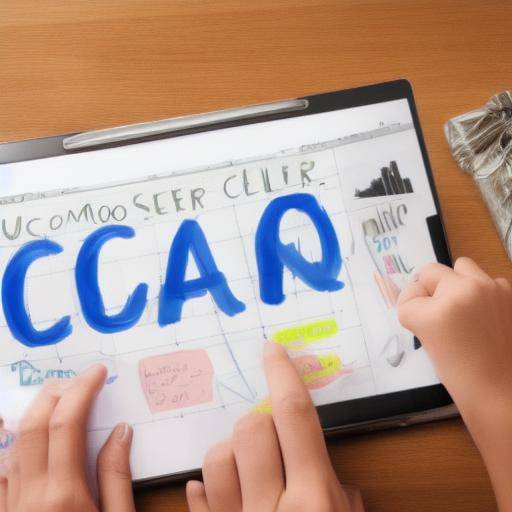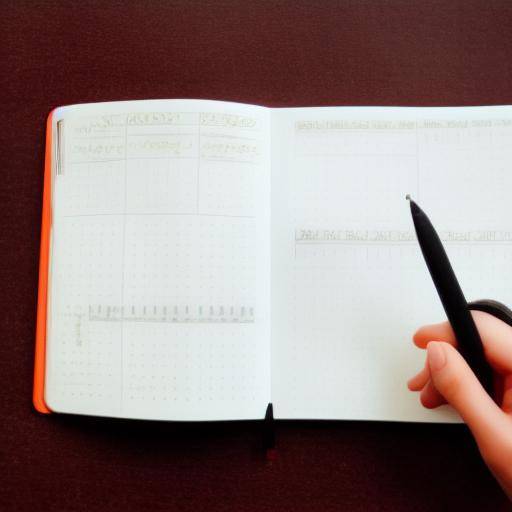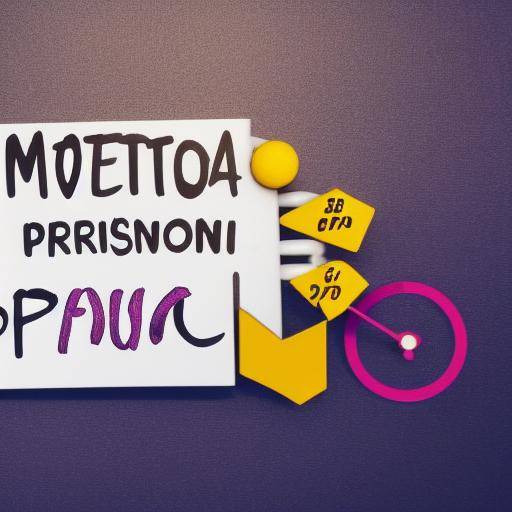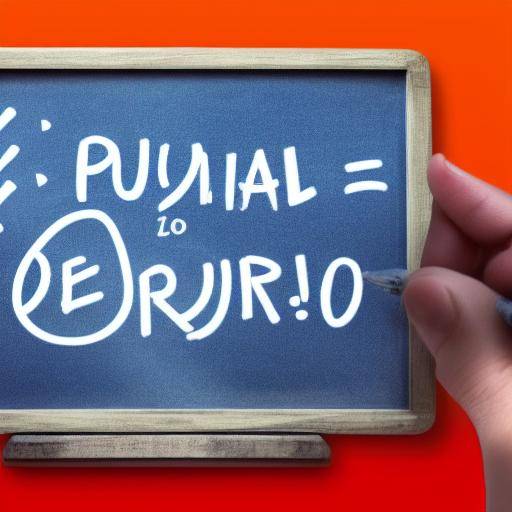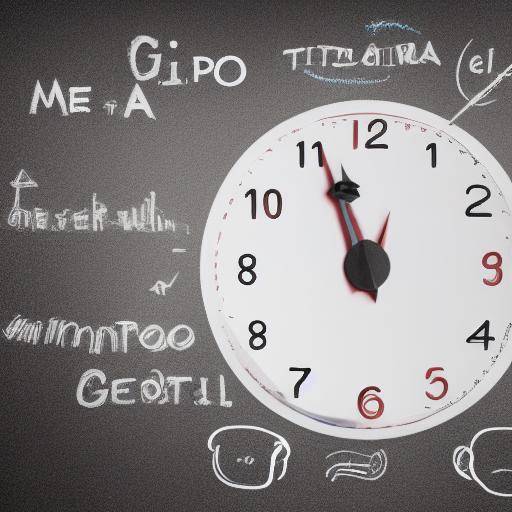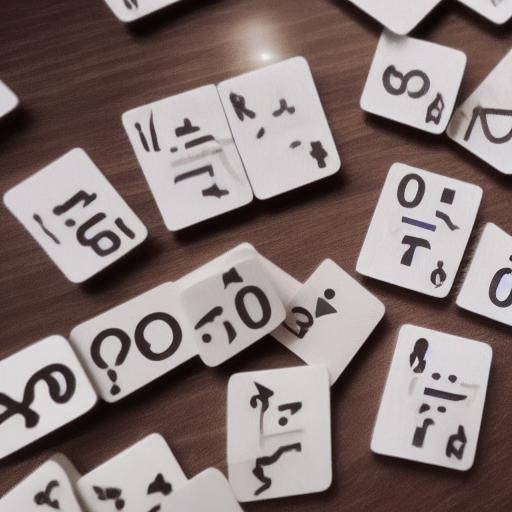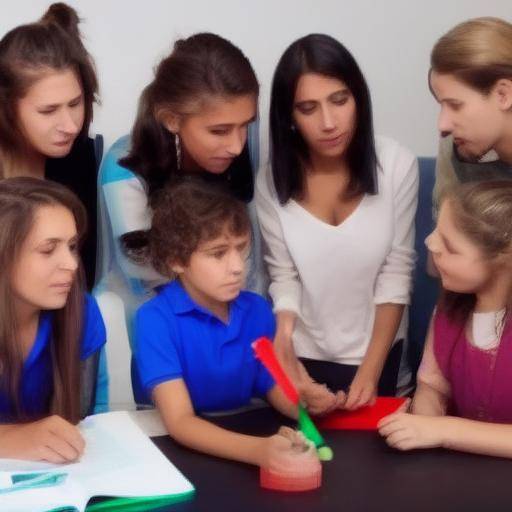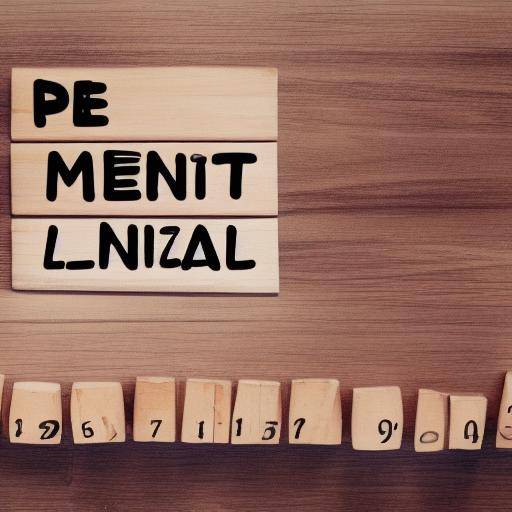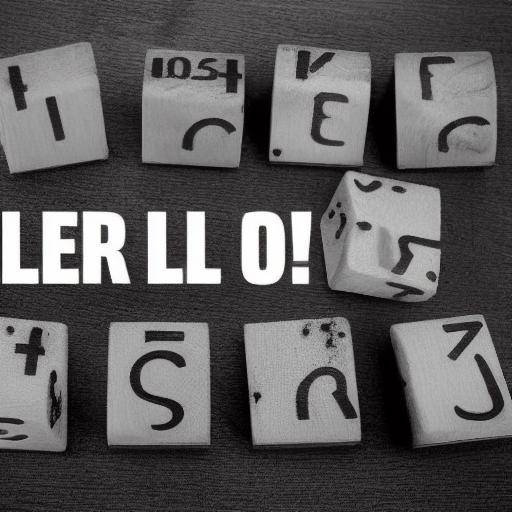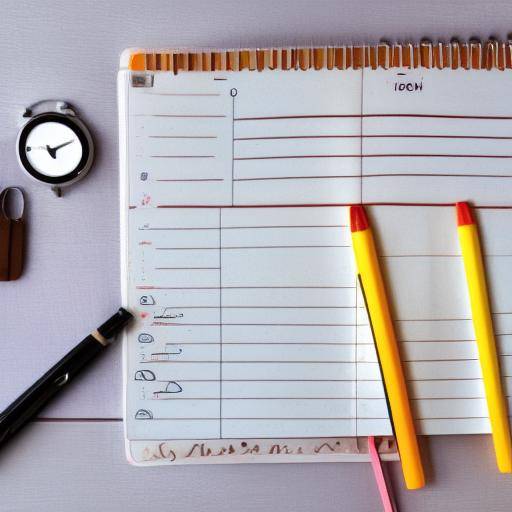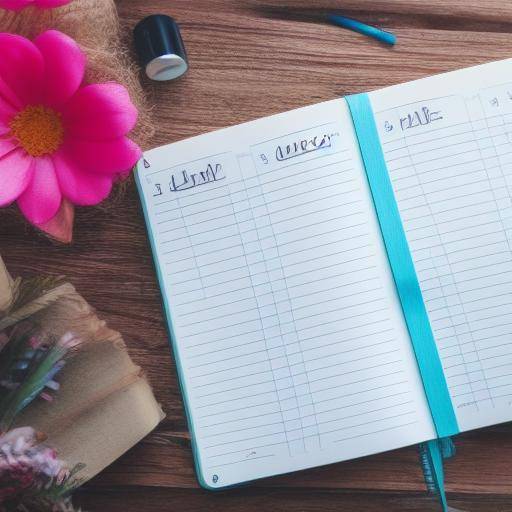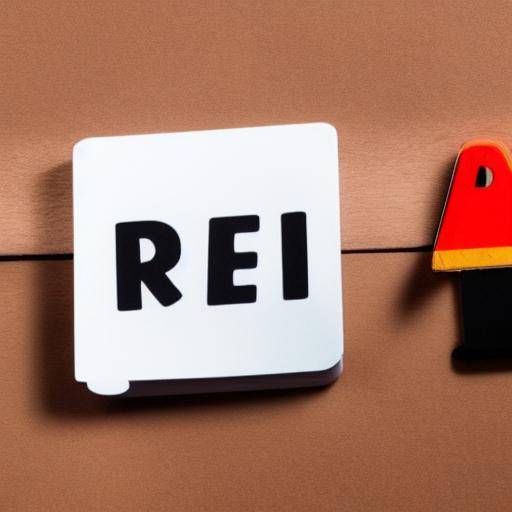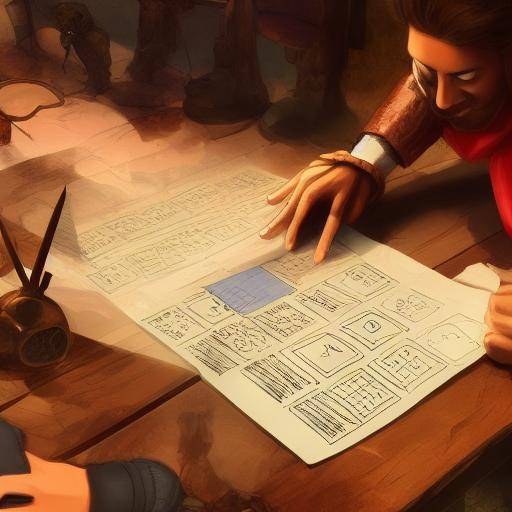
Introduction
Self-discipline is fundamental to achieving success in any area of life. However, we often face challenges in trying to stay focused and committed to our goals. Fortunately, there is an effective technique that can help us improve our self-discipline: role-playing. In this article, we will explore in depth how role-playing can be used as a powerful tool to develop self-discipline and foster personal growth. From its origins to its practical application, we will discover how you can benefit from this technique on your path to self-improvement.
History and Background
The role-playing, or role play, has its roots in psychotherapy and education, where it was used to promote empathy and improve conflict resolution. Over time, this technique has evolved and has been incorporated into different areas, including personal development and the promotion of self-discipline. It emerged in the 1920s as a tool to better understand others and promote empathy in clinical and educational environments.
The role-playing has experienced many milestones over the years, from its adoption in entrepreneurship and the development of social skills to its use in cognitive-behavioral therapy. His ability to simulate real-life situations has made him a valuable tool for improving self-discipline and facing personal challenges.
Analysis in Deep
The role-playing offers a number of benefits for the development of self-discipline. By simulating challenging scenarios, people can practice effective self-control and decision-making. Research has shown that through deliberate practice of disciplined behaviors in simulated situations, people can strengthen their self-discipline in real life.
In addition, role-playing provides a safe platform to face and overcome challenges, which can increase confidence and determination. Despite the benefits, role-playing also presents challenges, such as the need to fully engage with the process and overcome self-criticism.
Comprehensive review
The application of role-playing in the development of self-discipline extends to different areas of life, from professional to personal. Through guided practice, people can apply role-playing techniques to control their impulses, set realistic goals and follow a disciplined action plan.
Experts in personal development and psychology have highlighted the crucial role of role-playing in creating habits that promote self-discipline. By simulating scenarios where willpower and self-regulation are required, people can strengthen their ability to resist temptation and maintain their course towards their goals.
Comparative analysis
By comparing role-playing with self-discipline and personal development, substantial similarities are revealed. All these areas seek to strengthen a person's ability to achieve their goals and overcome obstacles. Role-playing provides a practical and experimental approach to improving self-discipline, while personal development encompasses a wide range of techniques and approaches to personal and professional growth.
Practical Tips and Accessible Advice
If you are interested in using role-playing to improve your self-discipline, here are some practical tips that can help you incorporate this technique into your daily life:
- Identify challenging situations where you want to strengthen your self-discipline.
- Practice role-playing with a partner or therapist to simulate realistic scenarios.
- Reflect on your role-playing experiences and identify areas of improvement in your self-discipline.
- Set clear and realistic goals to consolidate the benefits of role-playing in your daily life.
Conclusions and FAQs
Conclusions
In short, role-playing is a valuable tool for improving self-discipline and fostering personal growth. By simulating challenging situations and practising effective decision-making, people can strengthen their ability to keep the focus on their goals. Through role-playing, you can cultivate determination, resistance to temptation and confidence in your own ability to face challenges.
Frequently asked questions
1. How can I start using role-playing to improve my self-discipline?
You can start by identifying specific areas where you want to strengthen your self-discipline, then look for a partner or therapist to practice role-playing on realistic scenarios.
2. What role does self-discipline play in personal development?
Self-discipline is essential in personal development, as it allows to maintain focus, resist temptation and follow a disciplined action plan towards important goals.
3. What are the common challenges in playing role-playing to improve self-discipline?
Some challenges include the need to fully engage with the process, overcome self-criticism and maintain perseverance in practice.
4. How can role-playing benefit my professional life?
Role-playing can help you improve decision-making, time management, effective communication and conflict resolution, key skills in the working environment.
5. How can I keep the motivation to continue to practice role-playing in my daily life?
Setting clear and realistic goals, as well as reflecting on your progress and achievements, can help you maintain long-term motivation.
6. Is the role-playing suitable for all?
While role-playing can be beneficial for many people, it is important to consider individual comfort and willingness to participate in this technique.
In conclusion, role-playing represents a dynamic and effective tool for improving self-discipline and fostering personal growth. By practising this technique in a deliberate and systematic way, people can strengthen their ability to maintain the approach, resist temptation and achieve meaningful goals in their personal and professional lives. Consider integrating role-playing into your routine to enhance your self-discipline skills and achieve greater well-being in all areas of your life.
With these tips and knowledge, you are ready to start using role-playing as a powerful tool to improve your self-discipline and achieve your personal and professional goals. Start playing role-playing today and make a positive change in your life!







